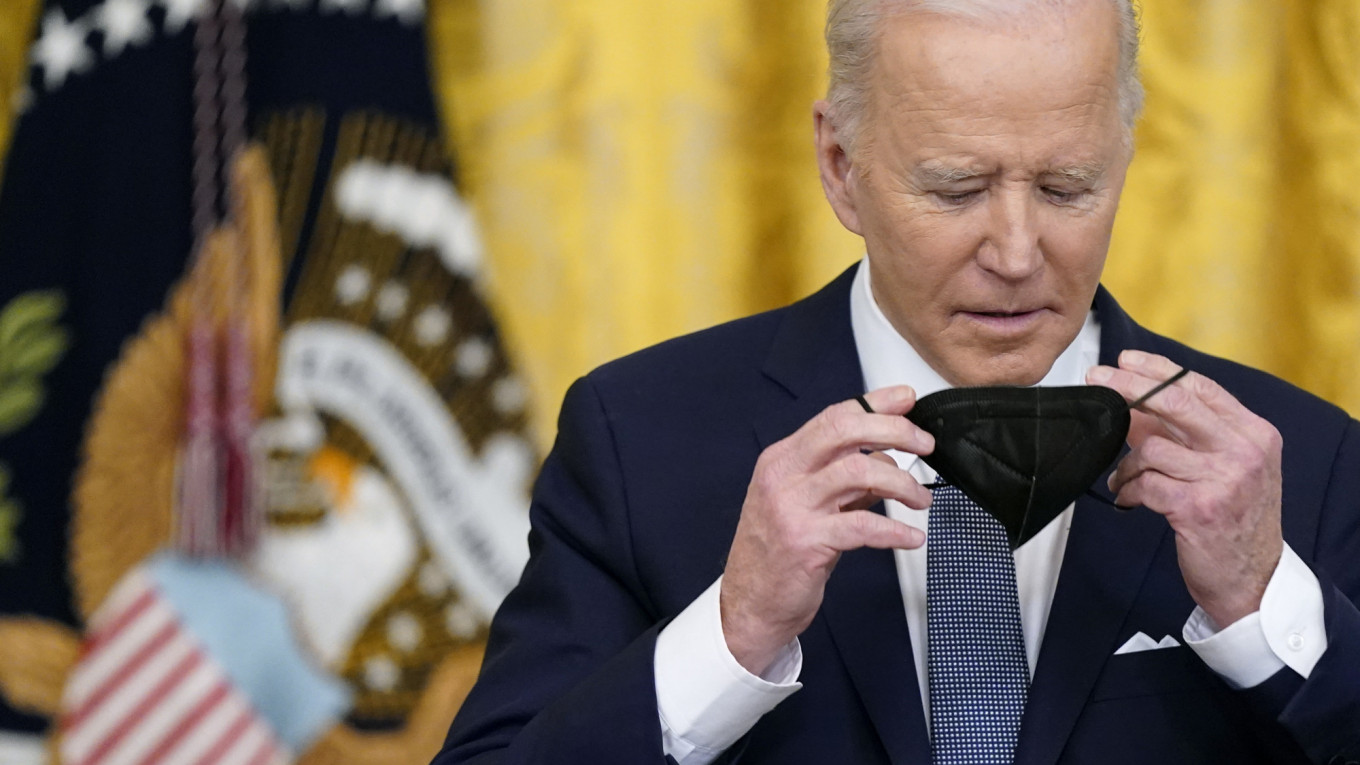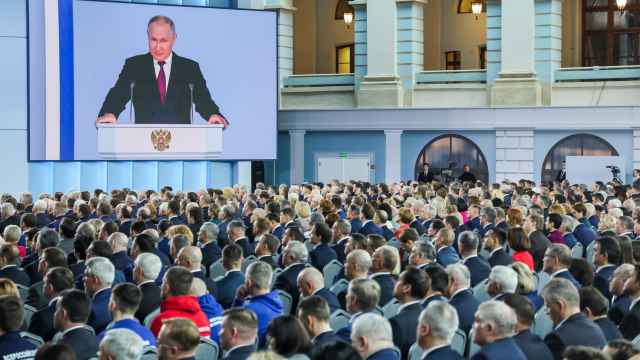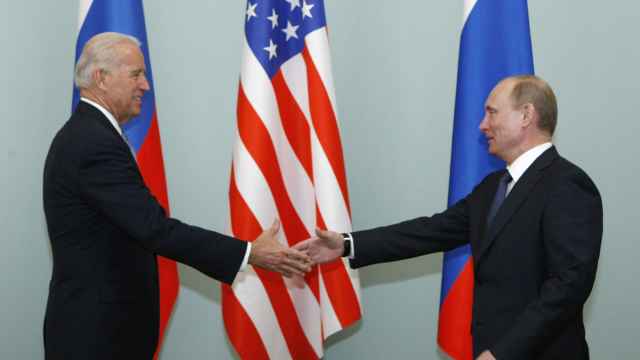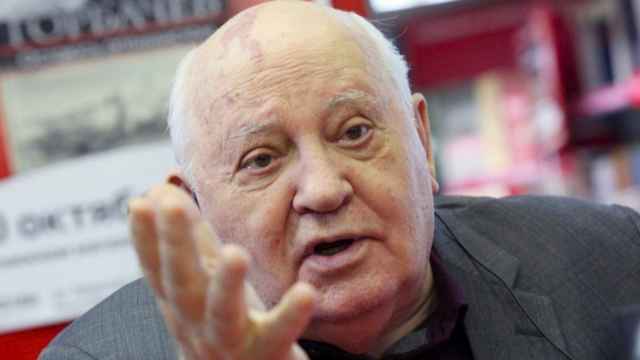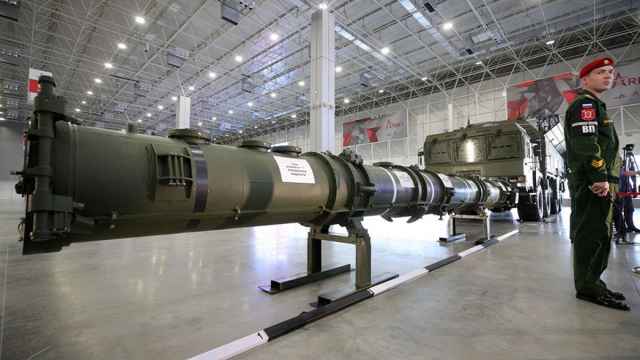President Joe Biden and other top U.S. officials played down the threat of Russia's "dangerous" nuclear mobilization Monday as the war in Ukraine intensified with more arms being sent to Kyiv by the West.
Asked if Americans should be worried about nuclear war after President Vladimir Putin said he was putting his strategic forces on alert, Biden gave a calm "no" in response.
State Department spokesman Ned Price said Washington sees "no reason" to change the alert levels of the U.S. nuclear force, and a senior defense official said the Pentagon had not seen any palpable shift by the Russians despite Putin's Sunday announcement.
The Pentagon continues to "review and analyze and monitor" Russia's posture, said Defense Department spokesman John Kirby.
Secretary of Defense Lloyd Austin "is comfortable with the strategic deterrence posture of the United States and our ability to defend the homeland," Kirby told reporters.
'Provocative rhetoric'
On Sunday, four days after Moscow launched the invasion of Ukraine, Putin announced that he had ordered his military chiefs "to put the deterrence forces of the Russian army into a special mode of combat service," using a reference to the country's massive nuclear weapons infrastructure.
U.S. officials called the order "dangerous" and "escalatory."
But on Monday officials at the U.S. State and Defense Departments said they were still trying to determine just what action was being taken in response to the order.
"This sort of provocative rhetoric ... is dangerous, adds to the risk of miscalculation, [and] should be avoided," Price said.
"We have long agreed — the United States and the Russian Federation — that a nuclear use would have devastating, devastating consequences," said Price.
Russians slowed, not stopped
One Monday Biden hosted a video conference with allies and partners supporting Ukraine in its fight against what the White House called "Russia's unjustified and unprovoked war."
In the secure meeting, the group discussed "coordinated efforts to impose severe costs and consequences to hold Russia accountable" while trying to maintain global economic stability, including keeping energy prices down, the White House said.
The U.S. and NATO allies continued to ship in to Ukraine munitions that Price said would help them battle both Russian armored vehicles and air power.
He declined to confirm a report that Washington, following Germany's example, was delivering shoulder-mounted Stinger missiles that can bring down helicopters and slower-moving jets, after denying them to the Ukrainians for months.
In an assessment of the progress of Russian forces, Pentagon spokesman Kirby said fuel shortages, other logistical issues, and unexpectedly stiff resistance from Ukraine's military had significantly slowed the Russian advance.
"It's clear the Russians had not made the progress that they wanted to make by day five," said Kirby.
"They have faced setbacks. And they have faced resistance," Kirby told reporters.
Nevertheless, he said, even if they have been slowed the Russians have an overwhelming force — 25% of which remains just outside Ukraine poised to move — that is determined to seize key cities and oust the Ukrainian government.
"Make no mistake, Mr. Putin still has at his disposal significant combat power. He hasn't moved all of it into Ukraine," Kirby said.
"They have suffered setbacks, but I don't think we can just assume that they're going to stay set back."
"They continue to want to move on Kyiv, to capture Kyiv," he said.


